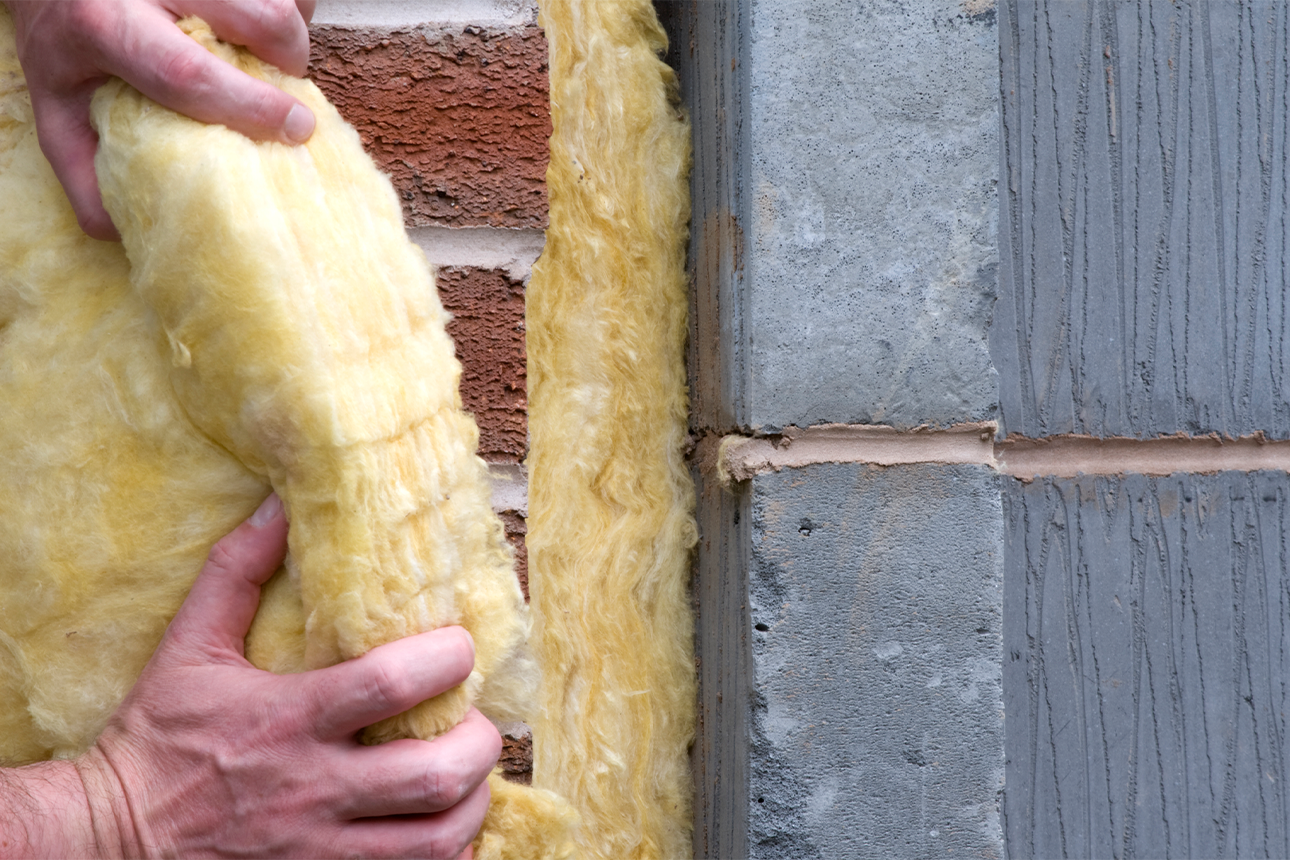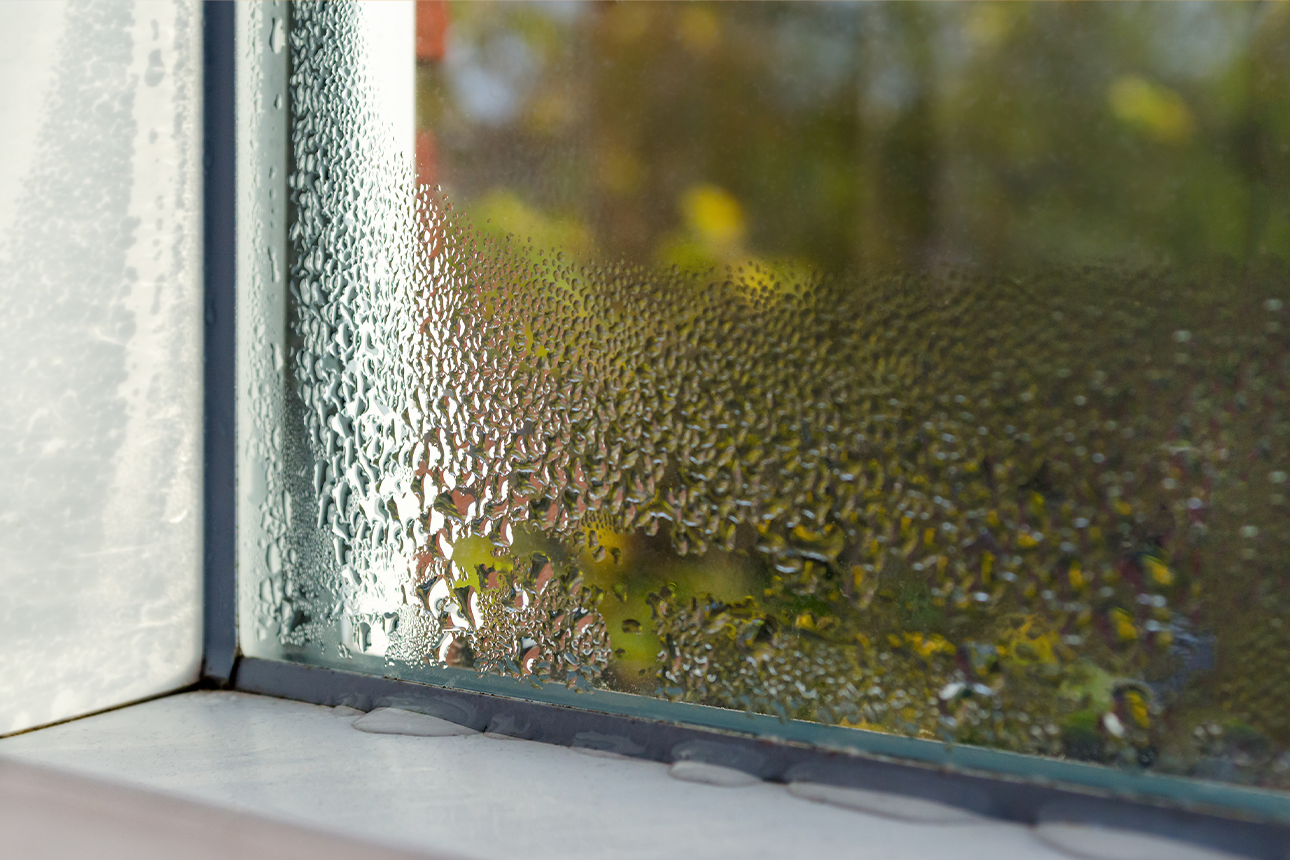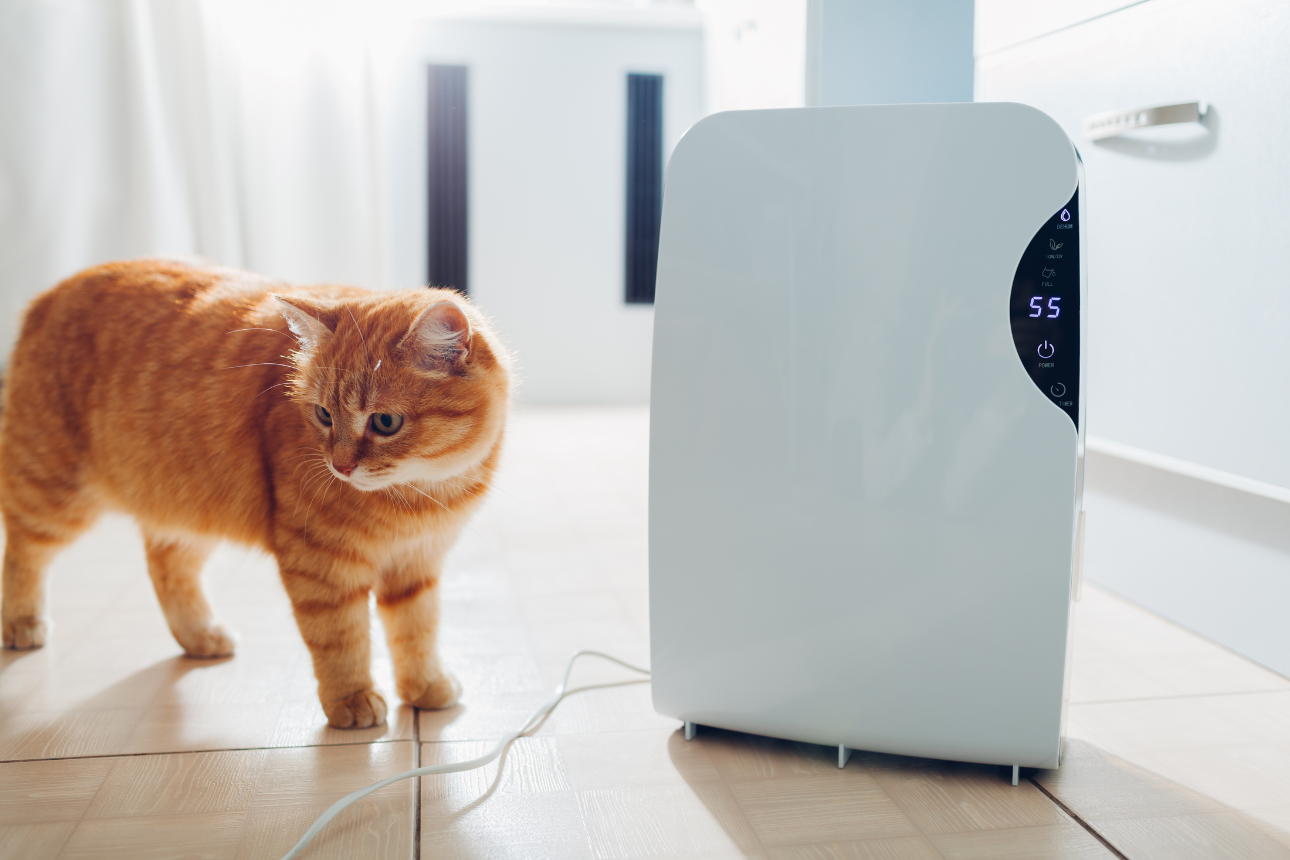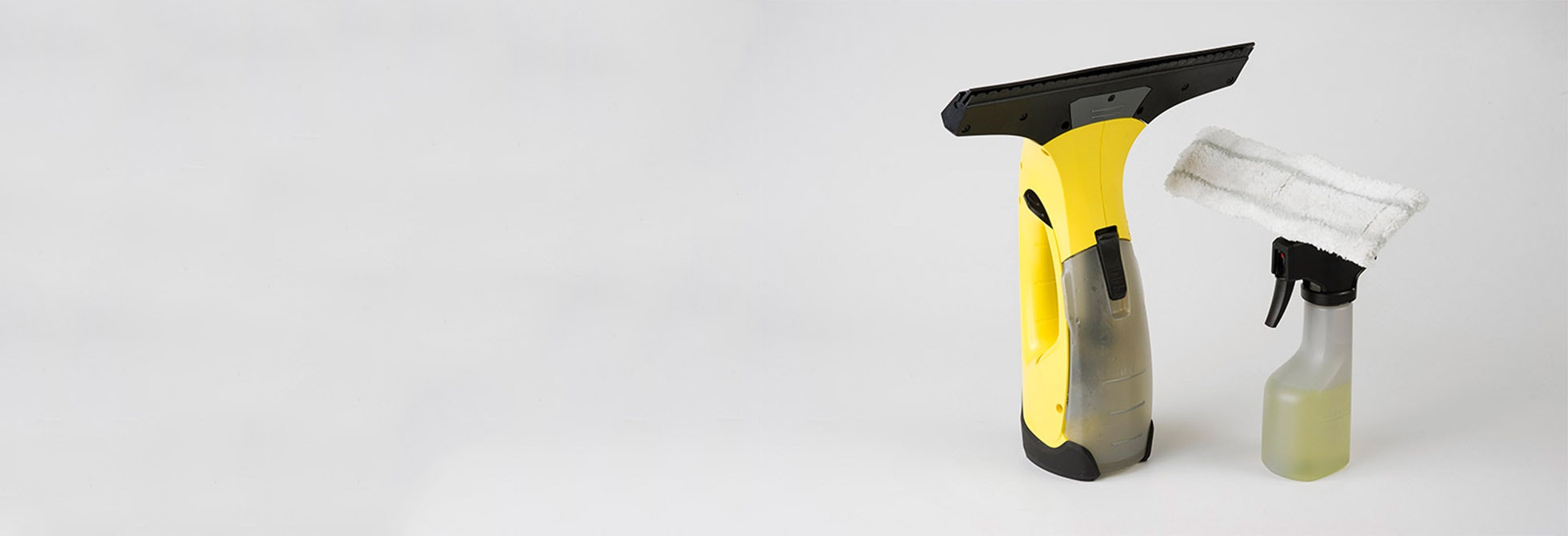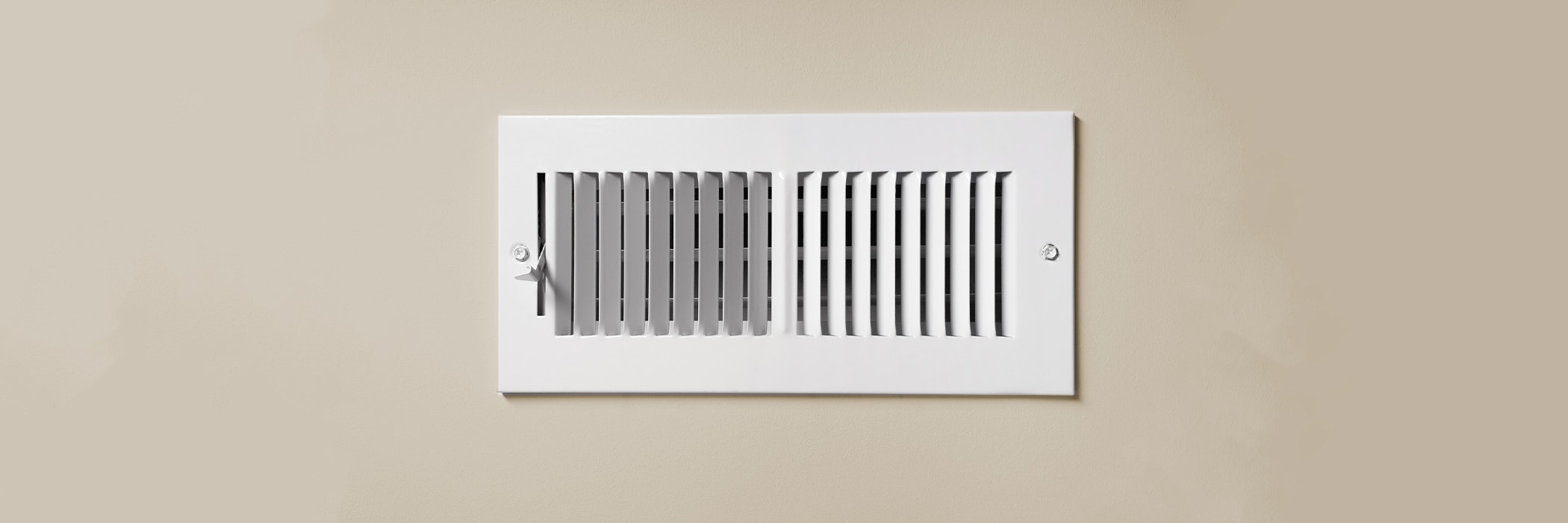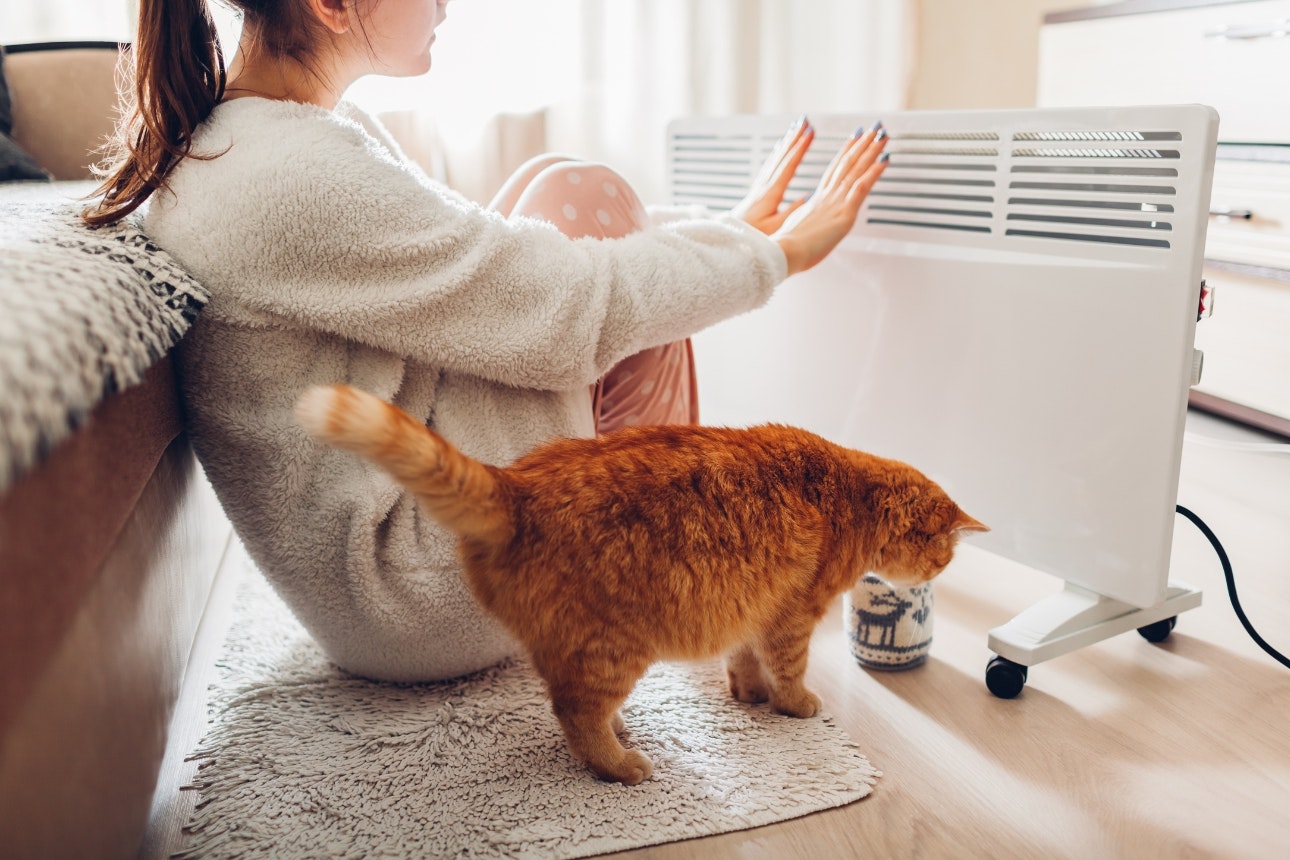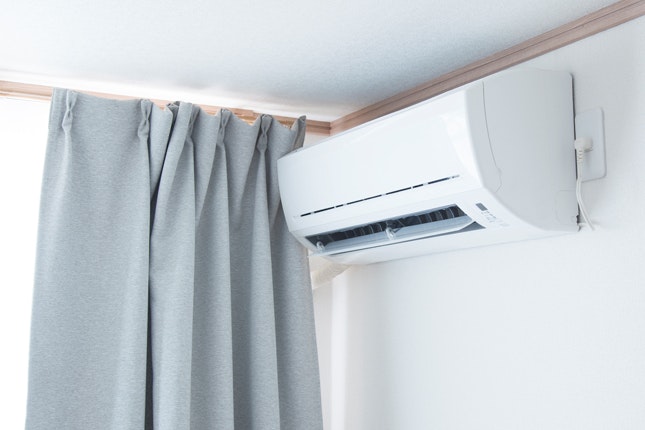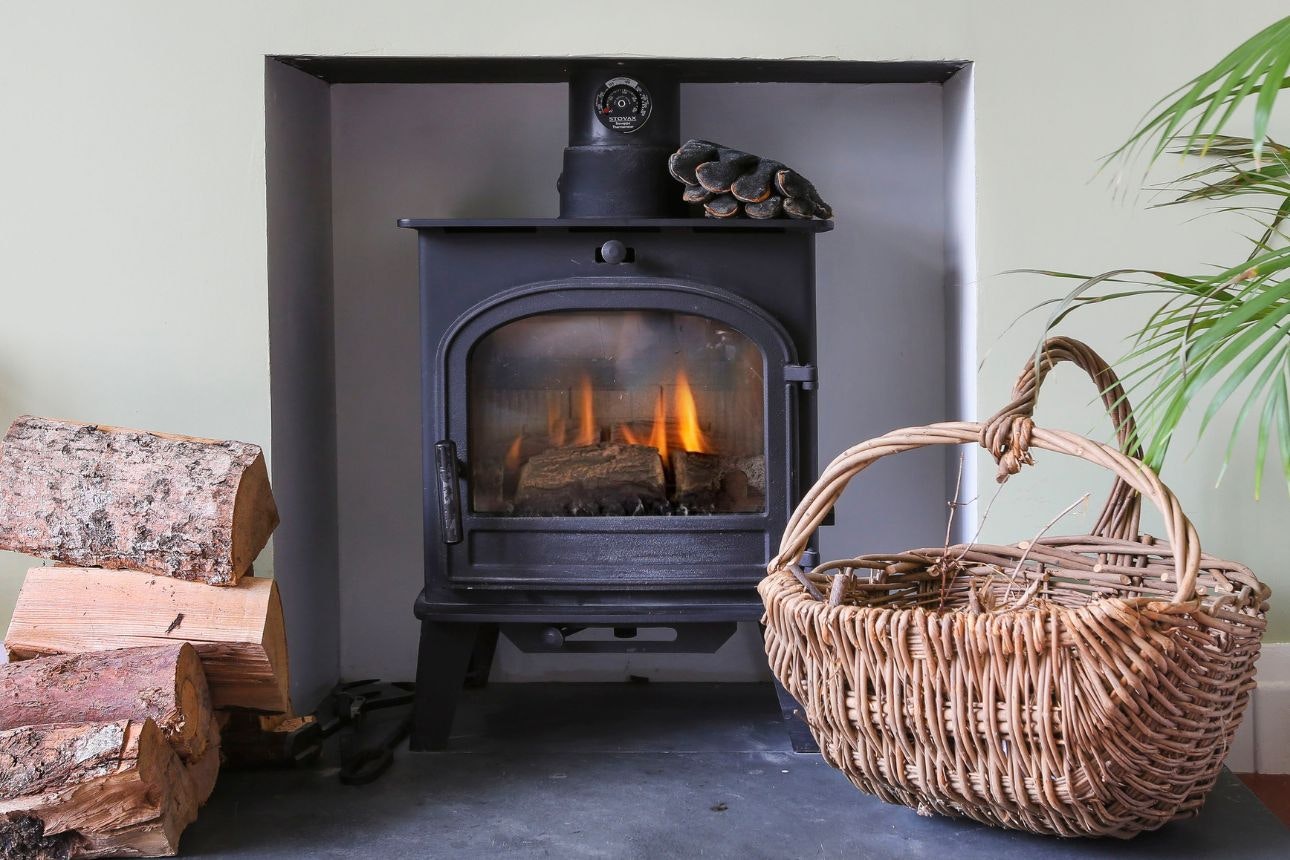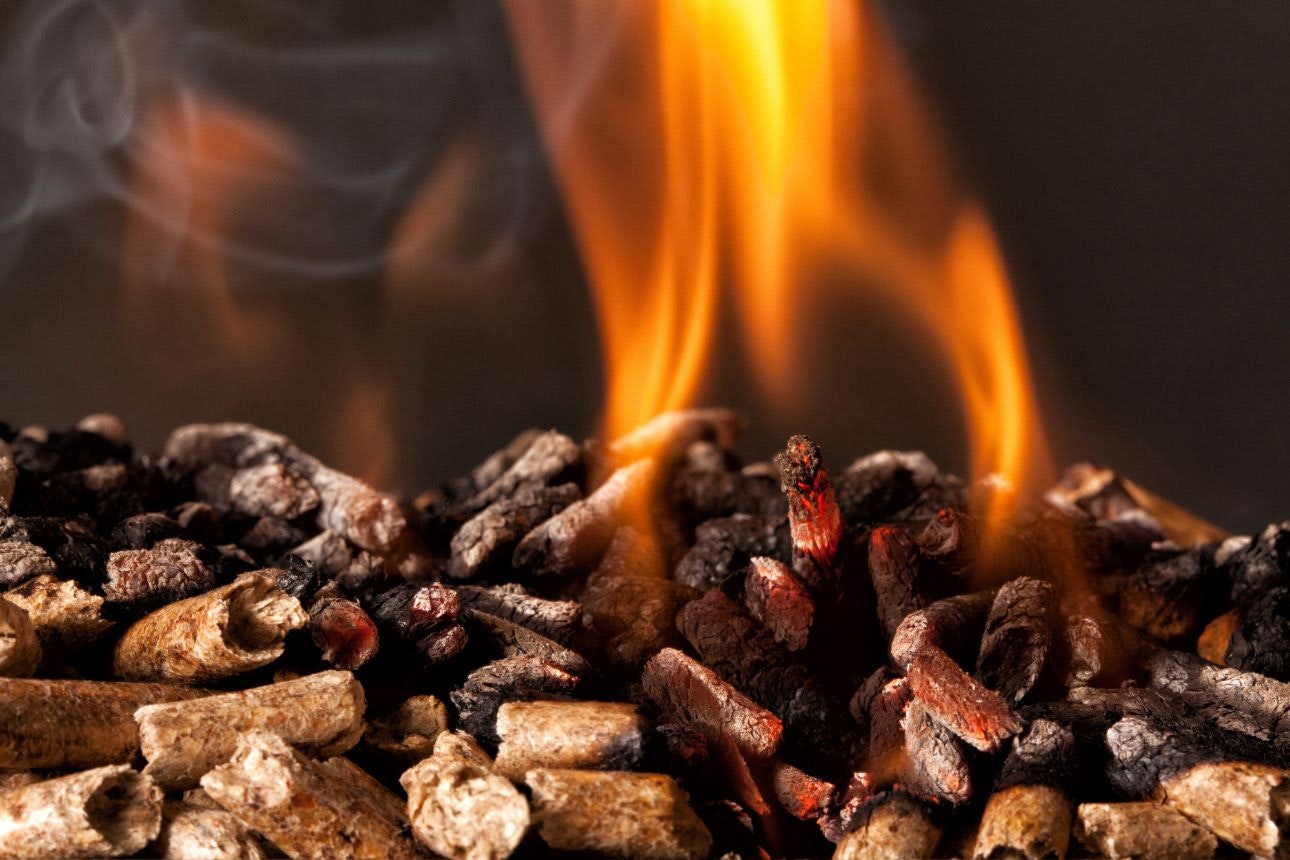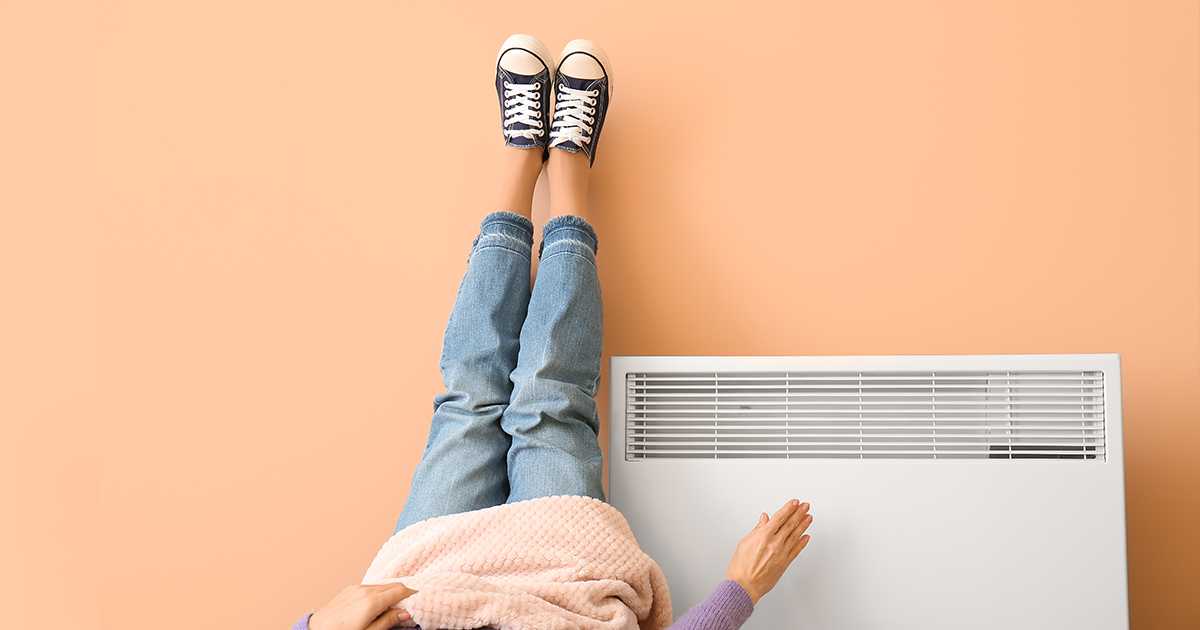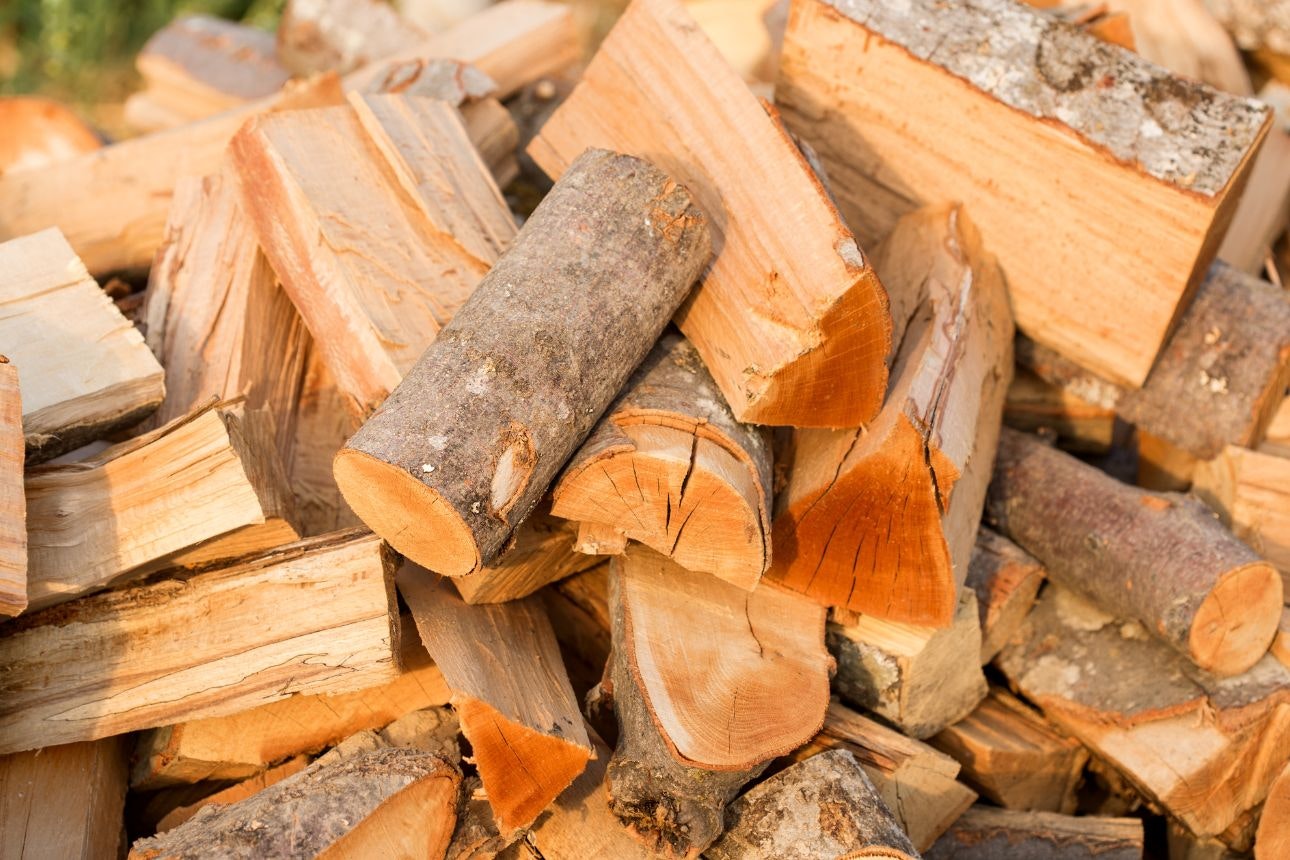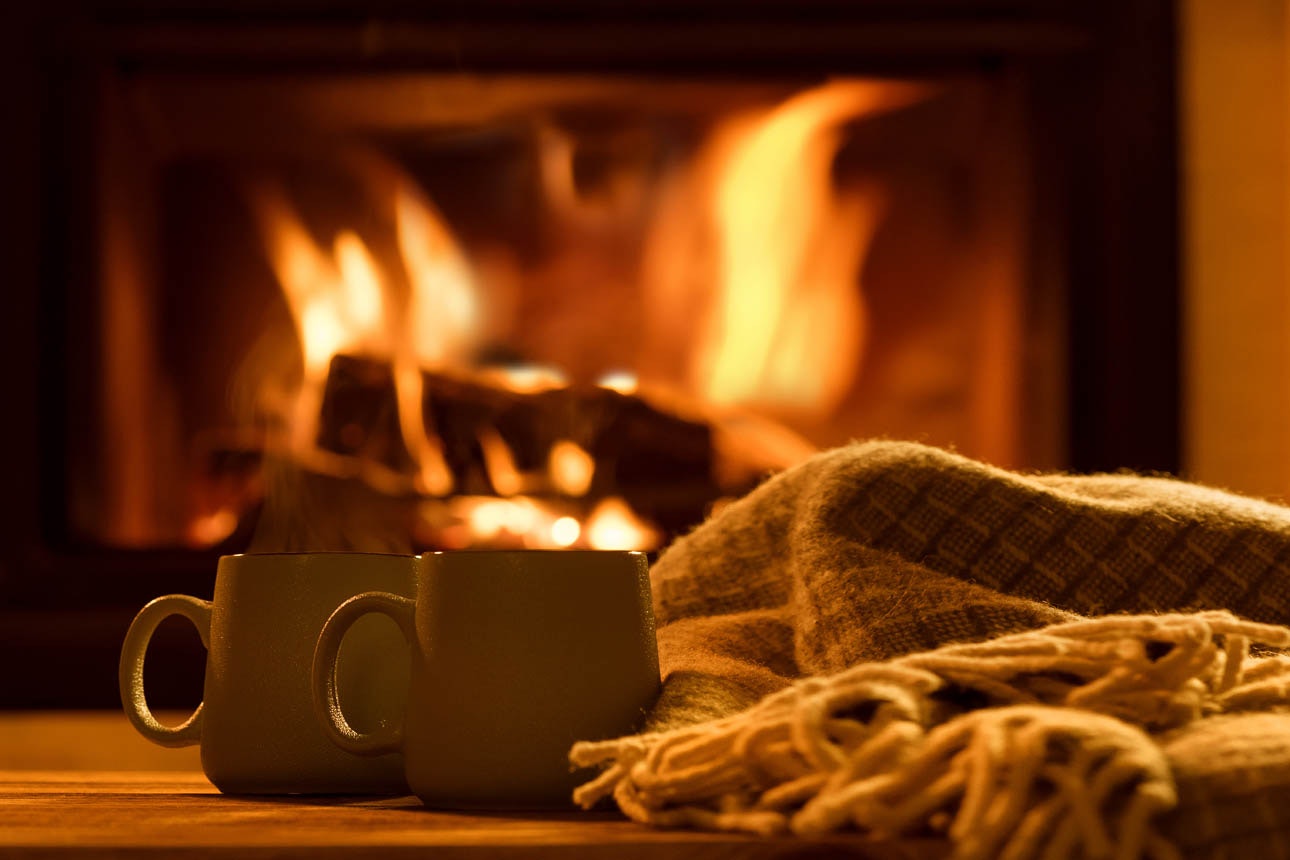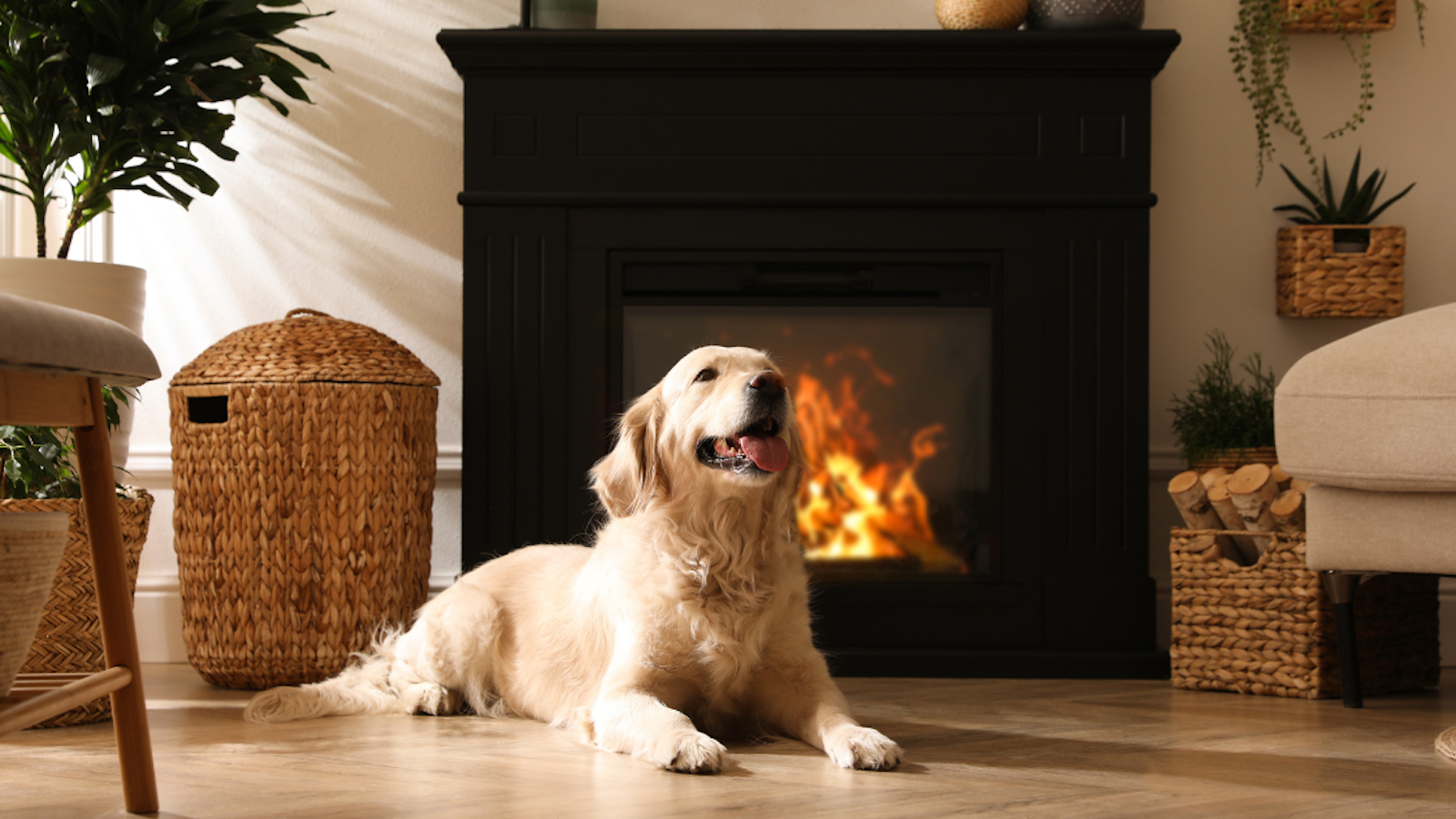
Four steps to a warm and dry home
Insulation, heating, ventilation and tackling dampness work together as a system, with each facet one part of the solution.
However, as the nights grow longer and temperatures fall, the trick is finding a balance between a cosy home and a power bill that won't break the bank. Follow our step-by-step guide below for a warmer home this winter.
Insulation is the first step to making your home comfortable this winter. An insulated home is easier and cheaper to keep warm as the insulation helps prevent heat dissipating faster than you can generate it.
By tackling dampness, you can reduce the growth of mould, mildew and dust mites. A drier home is healthier and needs less maintenance. Also, the air is easier (and cheaper) to heat. Many of the steps for removing dampness are cheap and easy fixes.
Once you've dealt with the main sources of dampness, the next step is ventilation. While some old homes have too much ventilation, modern homes can be too airtight. Getting the balance right helps maintain good air quality while removing day-to-day moisture.
Heating keeps your home warm, dry and safe to live in. An insulated, well-ventilated home will still be cold without a source of heat. But be aware that your choice of heat source and fuel can ramp up your power bill during winter.
Insulation
Insulation makes your home more comfortable, as well as easier and cheaper to heat.
Dampness
In your quest for a warm and healthy home this winter, you need to see dampness as enemy number one.
Most of us could improve comfort by reducing dampness in our homes. A damp home is an unhealthy home. But it isn't just that - damp air takes more energy to heat than dry air, so it pays to remove moisture from your home.
Ventilation
There's an important reason to ventilate your house - to remove damp and stale air.
But ventilation is a balancing act. If you have too much ventilation, you'll struggle to keep your home warm. If you have too little, your air quality will suffer.
Heating
It's likely that a third of your energy bill will go towards keeping your home warm this winter.
Your choice of heater and heating fuel has a big impact on that bill. To get the most out of your heating dollar, you should consider the amount of heat you need (and how you use different rooms in your home); the cost to purchase, install and run the heater; and the environmental impacts of different fuels.

Could your next power bill be smaller?
Powerswitch is the free, independent way to check your power plan in just 3 minutes, and see if you could save - backed by Consumer NZ.

